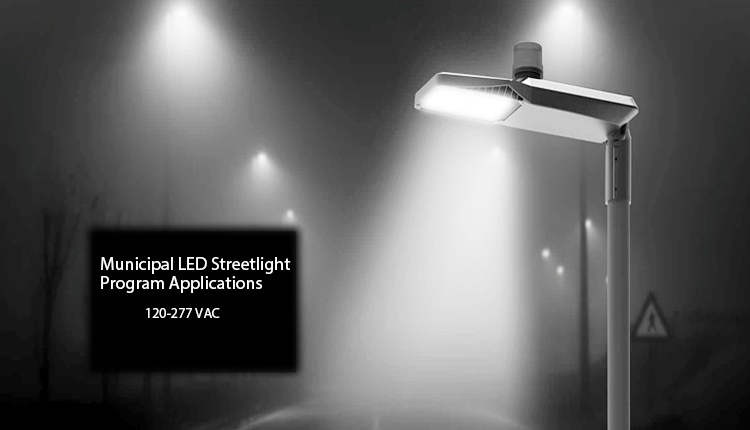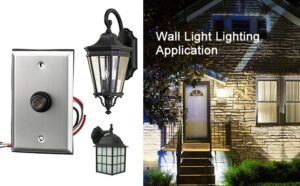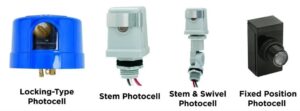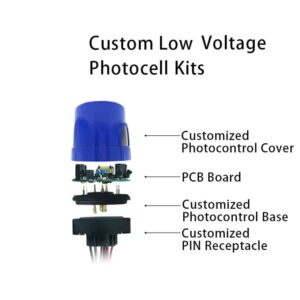How to Choose the Best Light Controller Supplier: A Guide for Overseas B2B Buyers
Introduce
product quality. It affects project timelines. It affects the stability of long-term partnerships. A reliable supplier ensures consistent performance, compliance with global standards, and helpful support. All of these are vital for successful projects.
But how do you identify a dependable partner in a market full of options? This guide breaks down the process into practical steps, backed by real-world insights and tested criteria.

How Does Product Quality and Certification Affect Your Project?
Many projects fail. Not because of poor design but because product quality is inconsistent. Cheap light controllers can break early. They raise repair costs and can cause safety problems. Certifications like UL, CE, and ISO matter. They show the product has passed tough tests and quality and safety checks.
These certifications are not just formalities. They’re safeguards. A supplier that invests in achieving them shows commitment to reliability. Experienced companies like Long-join embed these standards into their production process. They test every photocell switch they make to meet international standards. They also test each photocell street light the same way.
Why Are Technological Innovation and R&D Capabilities Important?
In a fast-moving industry, outdated tech equals wasted money. You need controllers that are not only durable but also smart—able to adapt, learn, and work efficiently across different environments. This is where innovation and R&D come in.
The presence of OEM/ODM services means the supplier can develop tailored products for your specific application. A great example is the JL-700 Zhaga interface from Long-join. It’s an upgraded photocell control solution that offers flexible connection and smooth integration—proving they don’t just keep up, they lead.
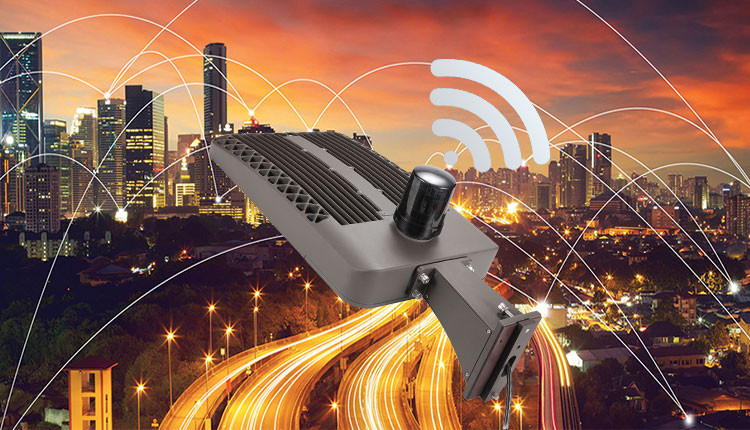
How Does Production Capacity and Supply Stability Influence Your Supply Chain?
A well-made product is useless if it does not arrive on time. You could source from abroad. But delays and shortages can cripple your project. That’s why you must check a supplier’s production scale and supply chain resilience. It is non-negotiable.
Look for companies like Long-join that can fulfill bulk orders without sacrificing quality. Consistency in delivery ensures your projects stay on schedule, even when market conditions shift.
Factor | Impact on Buyer | What to Ask |
Production Scale | Fast turnaround for bulk orders | What’s the average output/month? |
Inventory System | Reduces downtime | How is inventory managed? |
Raw Material Access | Prevents delays during shortages | Are key parts sourced in-house? |
What Role Do After-Sales Service and Technical Support Play?
Post-sale issues are a reality in tech procurement—but a good supplier turns problems into proof of reliability. Fast support, helpful documentation, and warranties show that a supplier stands behind their product.
What should you look for? Start with 24-hour response guarantees, then check for onsite or remote training services. A reliable partner like Long-join offers both. They also provide warranty coverage for 3-5 years, which is a clear sign of their confidence in every photocell lighting sensor they ship.
How Do You Assess Cost-Effectiveness and Control?
It’s easy to chase the lowest bid, but smart buyers focus on total value. A slightly higher upfront cost can result in lower long-term expenses due to fewer breakdowns and better energy efficiency.
Let’s look at the breakdown of total cost:
Cost Component | Share of Total | Optimization Strategy |
Unit Price | 30% | Negotiate in volume |
Energy Use | 20% | Use energy-saving models |
Maintenance | 20% | Choose reliable parts |
Installation | 15% | Use expert technicians |
Lifecycle Upkeep | 15% | Look for warranties |
Good suppliers are transparent about pricing. Long-join, for example, offers itemized quotes and breakdowns that help buyers make better budgeting decisions.
How Can Market Reputation and Customer Cases Guide Your Decision?
Word of mouth is still one of the most powerful tools in business. Don’t just take the supplier’s word for it—look at who they’ve worked with. Reputable companies like Long-join often showcase long-term partnerships with well-known brands.
Review real case studies, and pay attention to repeat customers. Consistent partnerships with big names reflect both technical strength and reliable service.
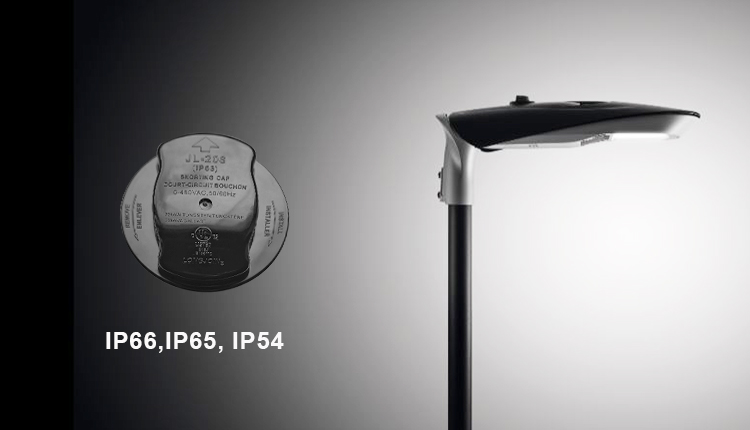
What Are Effective Strategies for Selecting Suitable Lighting Control Manufacturers?
You’ve set your standards. Now it’s time to apply them in the field. This section walks you through a practical evaluation strategy.
How Important Is Preliminary Screening?
Begin by attending trade shows or tech expos. These events are excellent for seeing products up close and meeting company reps. Ask for catalogs and product specs. You can also set up a factory visit for serious candidates.
Companies like Long-join are open to factory inspections. This transparency builds trust and lets you verify if their operations match their promises.
How Do You Evaluate Products Effectively?
Testing samples isn’t just about seeing if the lights turn on. Dig deeper—how fast does the photocell sensor respond? What happens when voltage fluctuates? Check if they comply with international safety standards.
Test Parameter | Importance | What It Tells You |
Sensor Response Time | High | Reactivity to changing light |
Voltage Tolerance | Medium | System compatibility |
IP Rating | High | Weather resistance |
Wiring Simplicity | Medium | Installation ease |
Advanced models like the JL-700 are built for high-precision applications. They reflect Long-join’s commitment to continuous improvement.
Why Is Internationalization a Key Consideration?
Does the supplier know how to serve clients from different regions? This goes beyond shipping—they need to understand local regulations, voltage standards, and even work cultures.
Long-join has a proven track record of adapting products like the light photocell sensor to different global requirements. Their multilingual team also helps smooth out communication across time zones.
How Valuable Is Sample Service?
A supplier that provides free or quick samples shows confidence in their offering. When you receive a sample, pay attention to the packaging, included manuals, and performance.
Long-join’s sample program is known for fast turnaround and customization. It helps B2B buyers make confident decisions without delays.
What Should You Know About Price Negotiation?
Once you’ve shortlisted a few candidates, it’s negotiation time. Ask about bulk discounts, payment terms, and hidden fees. A strong supplier will work with you to create win-win pricing.
Pricing Element | Why It Matters | What to Request |
Volume Discounts | Reduces unit cost | Tiers by quantity |
Payment Flexibility | Eases cash flow | 30-60 day terms |
Fee Transparency | Avoids surprises | All-inclusive quote |
Long-join’s team is known for working closely with clients to structure fair, scalable pricing agreements.
How Does Contract Signing Secure Your Interests?
A clear contract is the final step to ensure everything agreed upon is locked in. From lead times to warranty clauses, every detail should be written down.
Long-join’s service flow provides a clean contract framework that defines deliverables, support scope, and after-sales commitments in advance.
Conclusion
Choosing a reliable supplier for your photocell street light needs involves much more than comparing prices. Consider product quality, innovation, support, and reputation. Companies like Long-join combine experience, transparency, and innovation to support B2B success across borders.
External Links:
●https://www.ignite.no/blog/supplier-evaluation-and-assessment-the-what-how-and-why
●https://whatfix.com/blog/after-sales-service/
●https://www.anylogic.com/blog/manufacturing-capacity-planning-and-the-top-10-benefits-for-your-company/
●https://upwardlighting.com/oem-vs-odm-led-manufacturing/
●https://www.investopedia.com/terms/r/randd.asp
●https://www.iso.org/home.html
●https://www.assent.com/resources/knowledge-article/what-is-ce-certification/
●https://en.wikipedia.org/wiki/UL_(safety_organization)

